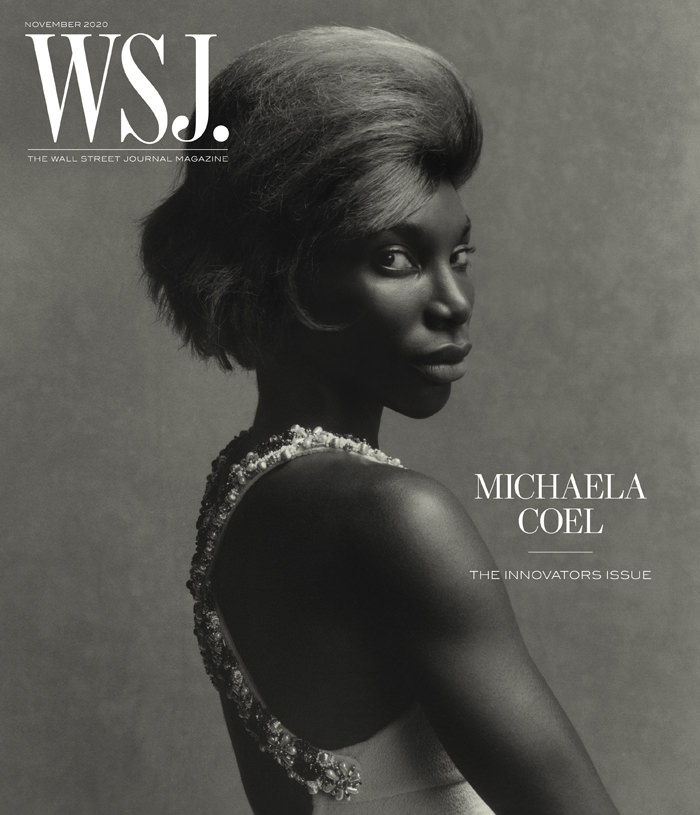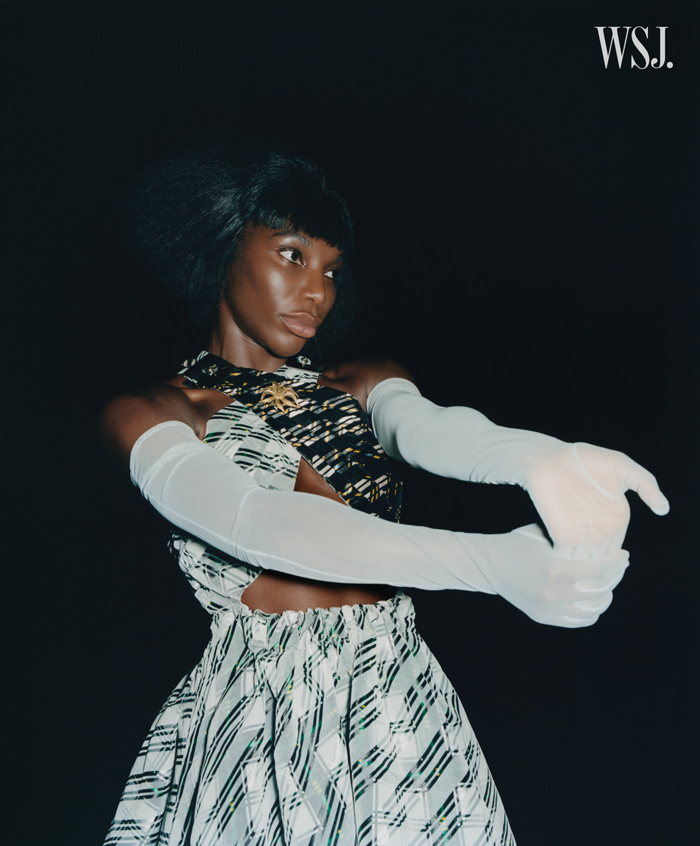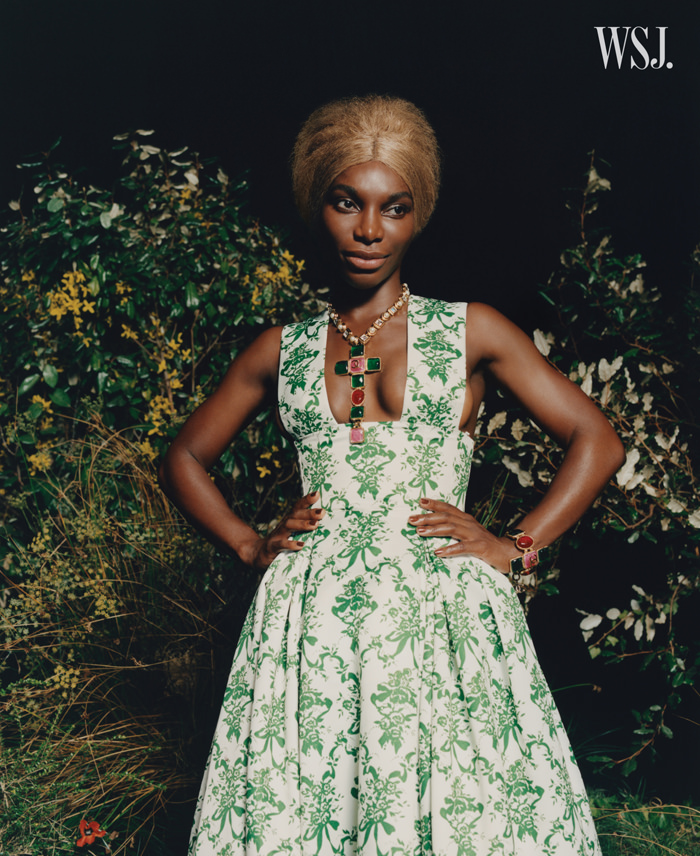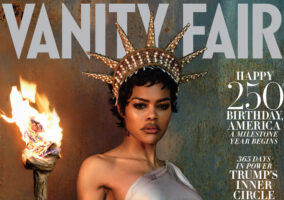“I May Destroy You” Creator MICHAELA COEL is WSJ. Magazine’s TELEVISION INNOVATOR of the Year!
With “I May Destroy You,” the risky new TV series about consent, its writer-director-actor-showrunner–executive producer turned a narrative about trauma into one of hope, inspiring audiences and change in the industry.
There is no complete picture at the end of “I May Destroy You” but rather a loose assemblage of images in lieu of clean resolutions. There has never been a series like it on television—a harrowing 12-episode dramedy around consent that unravels like a mystery. Viewers feel a new disorienting sensation each episode as Coel’s character, Arabella, a millennial writer prone to fluent monologues, relives the nightmare of being stripped of her memories and attempts to map out flashbacks from the night she was drugged and raped. As creator, star, executive producer and showrunner, Coel didn’t just occupy a role on-screen. She conjoined her reality with that of Arabella and wrote from experience about sexual assault, giving the subject the heft and tension needed. “I know the show feels like in some way a risk, but maybe every show is like that,” Coel says, speaking from a sofa in her new apartment. She’s dressed in a black T-shirt, her hair scooped into a high, corn-rowed ponytail, a hazy reflection of light behind her. “It feels like a performance, and that’s what it is, isn’t it? A journey.”





Coel on finding humor in the pain of her assault: “There’s a strange line, isn’t there? And I don’t know where that line is,” says Coel. “And I’m not looking for it. I think it’s just the mode that I write in. I’m sure there could have been a version of this series where it was so distasteful to…survivors of sexual assault…But I wonder whether just having the personal experience of it means that you have a level of empathy but also a level of—I’m not here to just sit in an echo chamber listening to violin strings about my pain, because I need to move…I can’t just sit here.”
Coel on her rebellious youth: “It was probably a sign that my brain was creating, creating, creating and thinking around loopholes,” says Coel. “Luckily I put that into, well, church and now into writing.”
Coel on her appearance: “Chewing Gum was probably the time when I looked for people’s opinions, and some of it hurt quite a lot,” she says. “I don’t look anymore, because it doesn’t seem like a smart thing to do.” She squeals a high-pitched laugh. “Life is tricky enough navigating being a woman, being a Black woman, being a dark-skinned woman in England on television. It’s so hard.”
Coel on the way her mind works: “Sometimes I analyze every single word somebody says. And I think, like, Why did they put a pronoun there? What does that mean? I’m suspicious. Too much,” she says.
Michaela Coel covers WSJ. Magazine’s November Innovator’s Issue, out on newsstands Saturday, November 21st.
[Photo Credit: Tyler Mitchell for WSJ. Magazine]
The Crown: “Fairy Tale” and “Favourites” Next Post:
People’s Choice Awards 2020: Chloe X Halle, Serving
Please review our Community Guidelines before posting a comment. Thank you!



